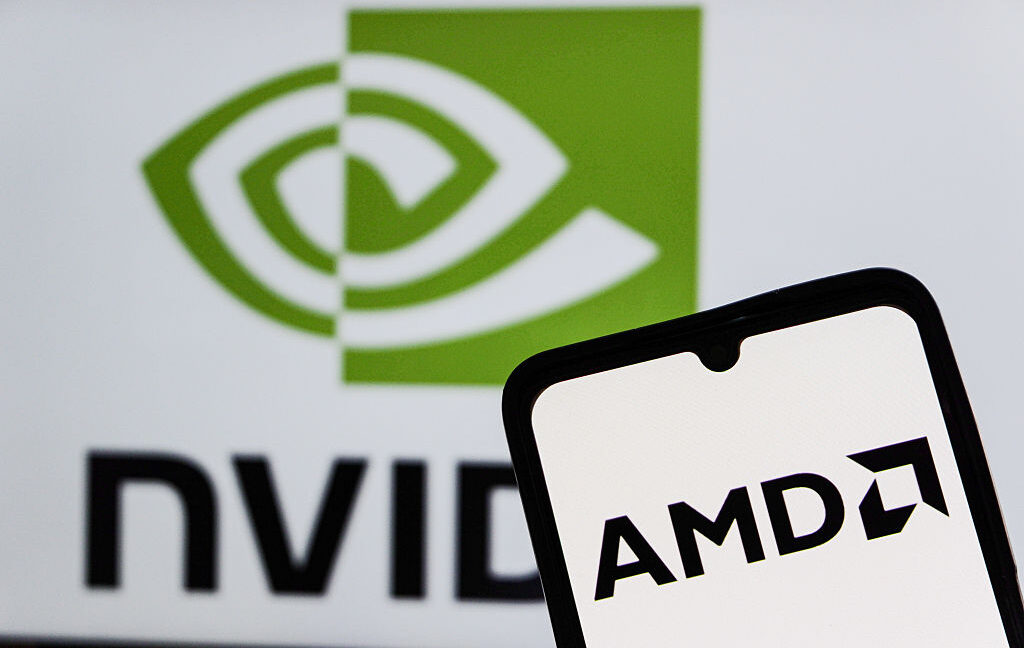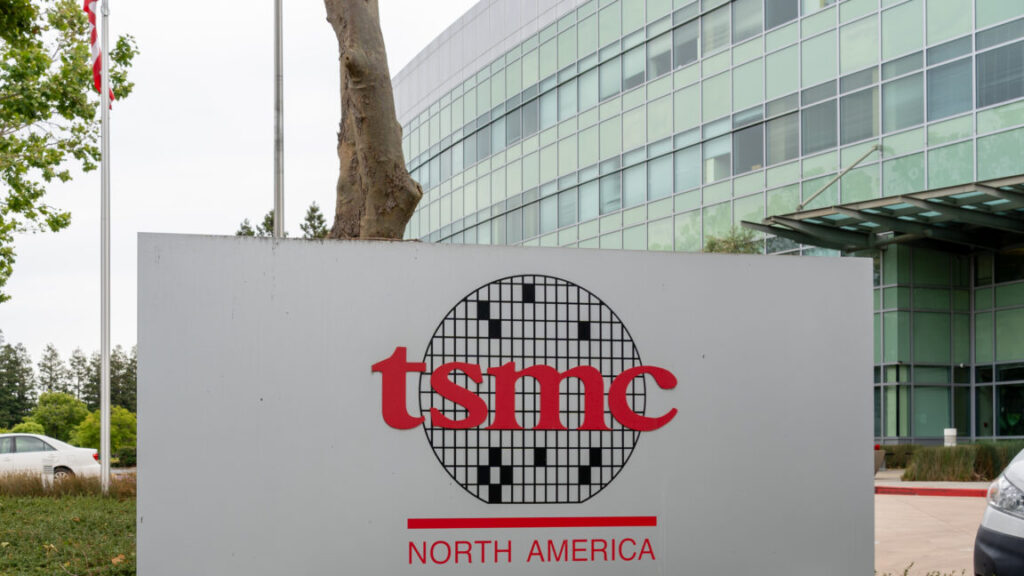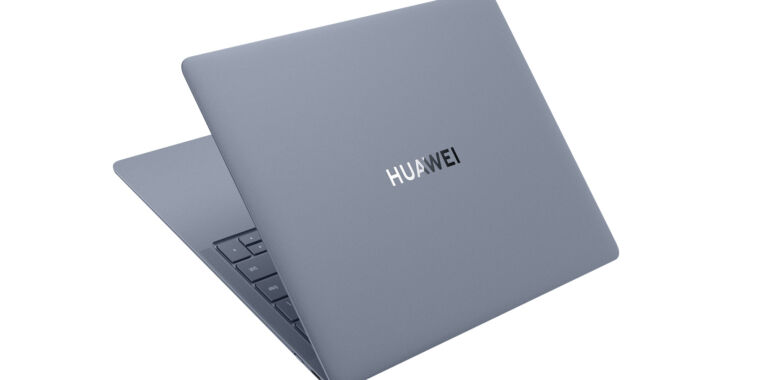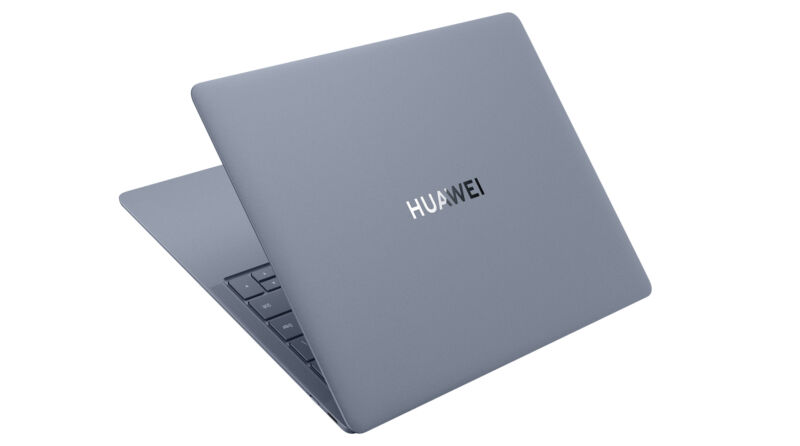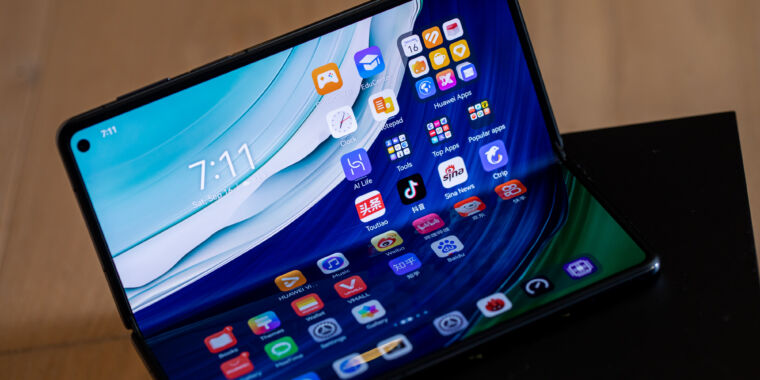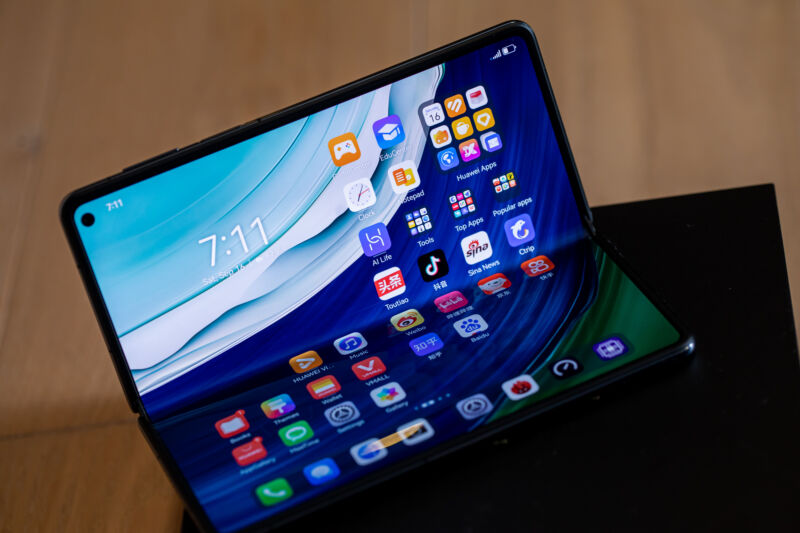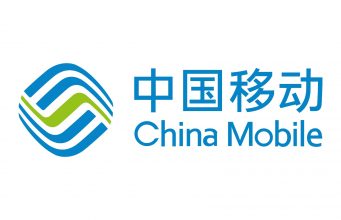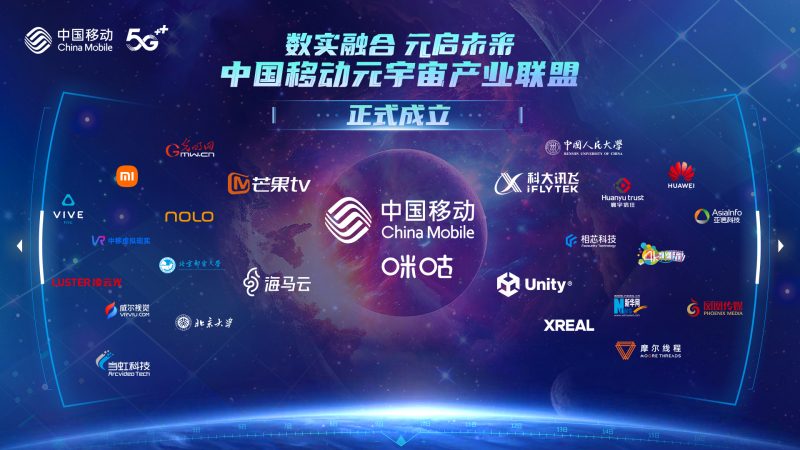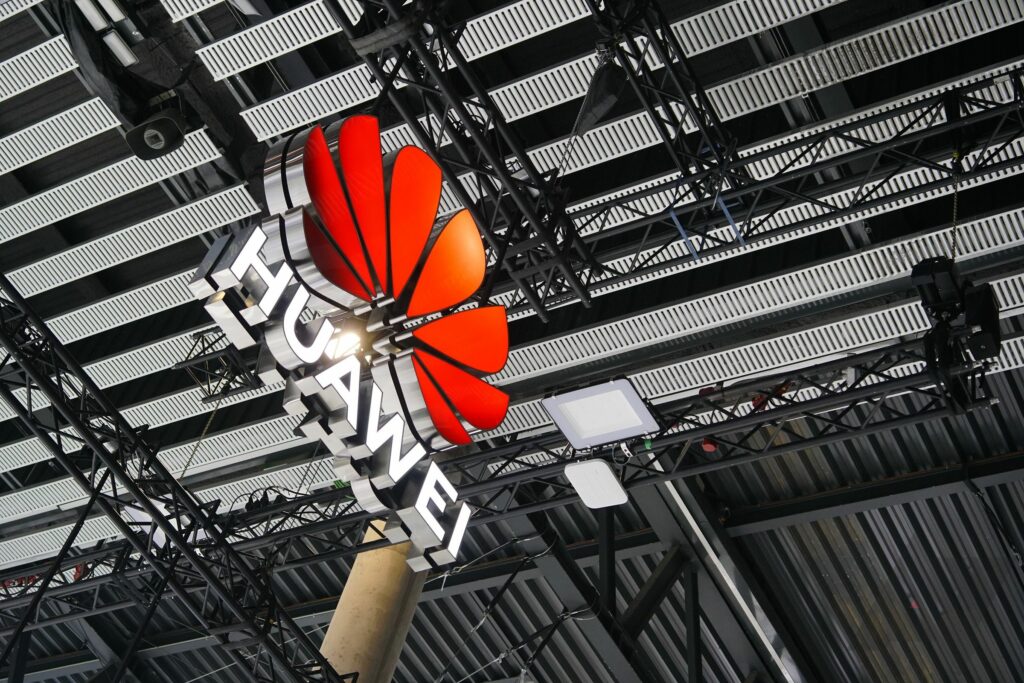Trump strikes “wild” deal making US firms pay 15% tax on China chip sales
“Extra penalty” for US firms
The deal won’t resolve national security concerns.
Ahead of an August 12 deadline for a US-China trade deal, Donald Trump’s tactics continue to confuse those trying to assess the country’s national security priorities regarding its biggest geopolitical rival.
For months, Trump has kicked the can down the road regarding a TikTok ban, allowing the app to continue operating despite supposedly urgent national security concerns that China may be using the app to spy on Americans. And now, in the latest baffling move, a US official announced Monday that Trump got Nvidia and AMD to agree to “give the US government 15 percent of revenue from sales to China of advanced computer chips,” Reuters reported. Those chips, about 20 policymakers and national security experts recently warned Trump, could be used to fuel China’s frontier AI, which seemingly poses an even greater national security risk.
Trump’s “wild” deal with US chip firms
Reuters granted two officials anonymity to discuss Trump’s deal with US chipmakers, because details have yet to be made public. Requiring US firms to pay for sales in China is an “unusual” move for a president, Reuters noted, and the Trump administration has yet to say what exactly it plans to do with the money.
For US firms, the deal may set an alarming precedent. Not only have analysts warned that the deal could “hurt margins” for both companies, but export curbs on Nvidia’s H20 chips, for example, had been established to prevent US technology thefts, secure US technology leadership, and protect US national security. Now the US government appears to be accepting a payment to overlook those alleged risks, without much reassurance that the policy won’t advantage China in the AI race.
The move drew immediate scrutiny from critics, including Geoff Gertz, a senior fellow at the US think tank Center for a New American Security, who told Reuters that he thinks the deal is “wild.”
“Either selling H20 chips to China is a national security risk, in which case we shouldn’t be doing it to begin with, or it’s not a national security risk, in which case, why are we putting this extra penalty on the sale?” Gertz posited.
At this point, the only reassurance from the Trump administration is an official suggesting (without providing any rationale) that selling H20 or equivalent chips—which are not Nvidia’s most advanced chips—no longer compromises national security.
Trump “trading away” national security
It remains unclear when or how the levy will be implemented.
For chipmakers, the levy is likely viewed as a relatively small price to pay to avoid export curbs. Nvidia had forecasted $8 billion in potential losses if it couldn’t sell its H20 chips to China. AMD expected $1 billion in revenue cuts, partly due to the loss of sales for its MI308 chips in China.
The firms apparently agreed to Trump’s deal as a condition to receive licenses to export those chips. But caving to Trump could bite them back in the long run, AJ Bell, investment director Russ Mould, told Reuters—perhaps especially if Trump faces increasing pressure over feared national security concerns.
“The Chinese market is significant for both these companies, so even if they have to give up a bit of the money, they would otherwise make it look like a logical move on paper,” Mould said. However, the deal “is unprecedented and there is always the risk the revenue take could be upped or that the Trump administration changes its mind and re-imposes export controls.”
So far, AMD has not commented on the report. Nvidia’s spokesperson declined to comment beyond noting, “We follow rules the US government sets for our participation in worldwide markets.”
A former adviser to Joe Biden’s Commerce Department, Alasdair Phillips-Robins, told Reuters that the levy suggests the Trump administration “is trading away national security protections for revenue for the Treasury.”
Huawei close to unveiling new AI chip tech
The end of a 90-day truce between the US and China is rapidly approaching, with the US signaling that the truce will likely be extended soon as Trump attempts to get a long-sought-after meeting with China’s President Xi Jinping.
For China, gutting export curbs on chips remains a key priority in negotiations, the Financial Times reported Sunday. But Nvidia’s H20 chips, for example, are lower priority than high-bandwidth memory (HBM) chips, sources told FT.
Chinese state media has even begun attacking the H20 chips as a Chinese national security risk. It appears that China is urging a boycott on H20 chips due to questions linked to a recent Congressional push to require chipmakers to build “backdoors” that would allow remote shutdowns of any chips detected as non-compliant with export curbs. That bill may mean that Nvidia’s chips already allow for US surveillance, China seemingly fears. (Nvidia has denied building such backdoors.)
Biden banned HBM exports to China last year, specifically moving to hamper innovation of Chinese chipmakers Huawei and Semiconductor Manufacturing International Corporation (SMIC).
Currently, US firms AMD and Micron remain top suppliers of HBM chips globally, along with South Korean firms Samsung Electronics and SK Hynix, but Chinese firms have notably lagged behind, South China Morning Post (SCMP) reported. One source told FT that China “had raised the HBM issue in some” Trump negotiations, likely directly seeking to lift Biden’s “HBM controls because they seriously constrain the ability of Chinese companies, including Huawei, to develop their own AI chips.”
For Trump, the HBM controls could be seen as leverage to secure another trade win. However, some experts are hoping that Trump won’t play that card, citing concerns from the Biden era that remain unaddressed.
If Trump bends to Chinese pressure and lifts HBM controls, China could more easily produce AI chips at scale, Biden had feared. That could even possibly endanger US firms’ standing as world leaders, seemingly including threatening Nvidia, a company that Trump discovered this term. Gregory Allen, an AI expert at a US think tank called the Center for Strategic and International Studies, told FT that “saying that we should allow more advanced HBM sales to China is the exact same as saying that we should help Huawei make better AI chips so that they can replace Nvidia.”
Meanwhile, Huawei is reportedly already innovating to help reduce China’s reliance on HBM chips, the SCMP reported on Monday. Chinese state-run Securities Times reported that Huawei is “set to unveil a technological breakthrough that could reduce China’s reliance on high-bandwidth memory (HBM) chips for running artificial intelligence reasoning models” at the 2025 Financial AI Reasoning Application Landing and Development Forum in Shanghai on Tuesday.
It’s a conveniently timed announcement, given the US-China trade deal deadline lands the same day. But the risk of Huawei possibly relying on US tech to reach that particular milestone is why HBM controls should remain off the table during Trump’s negotiations, one official told FT.
“Relaxing these controls would be a gift to Huawei and SMIC and could open the floodgates for China to start making millions of AI chips per year, while also diverting scarce HBM from chips sold in the US,” the official said.
Experts and policymakers had previously warned Trump that allowing H20 export curbs could similarly reduce access to semiconductors in the US, potentially disrupting the entire purpose of Trump’s trade war, which is building reliable US supply chains. Additionally, allowing exports will likely drive up costs to US chip firms at a time when they noted “projected data center demand from the US power market would require 90 percent of global chip supply through 2030, an unlikely scenario even without China joining the rush to buy advanced AI chips.” They’re now joined by others urging Trump to revive Biden’s efforts to block chip exports to China, or else risk empowering a geopolitical rival to become a global AI leader ahead of the US.
Trump strikes “wild” deal making US firms pay 15% tax on China chip sales Read More »
